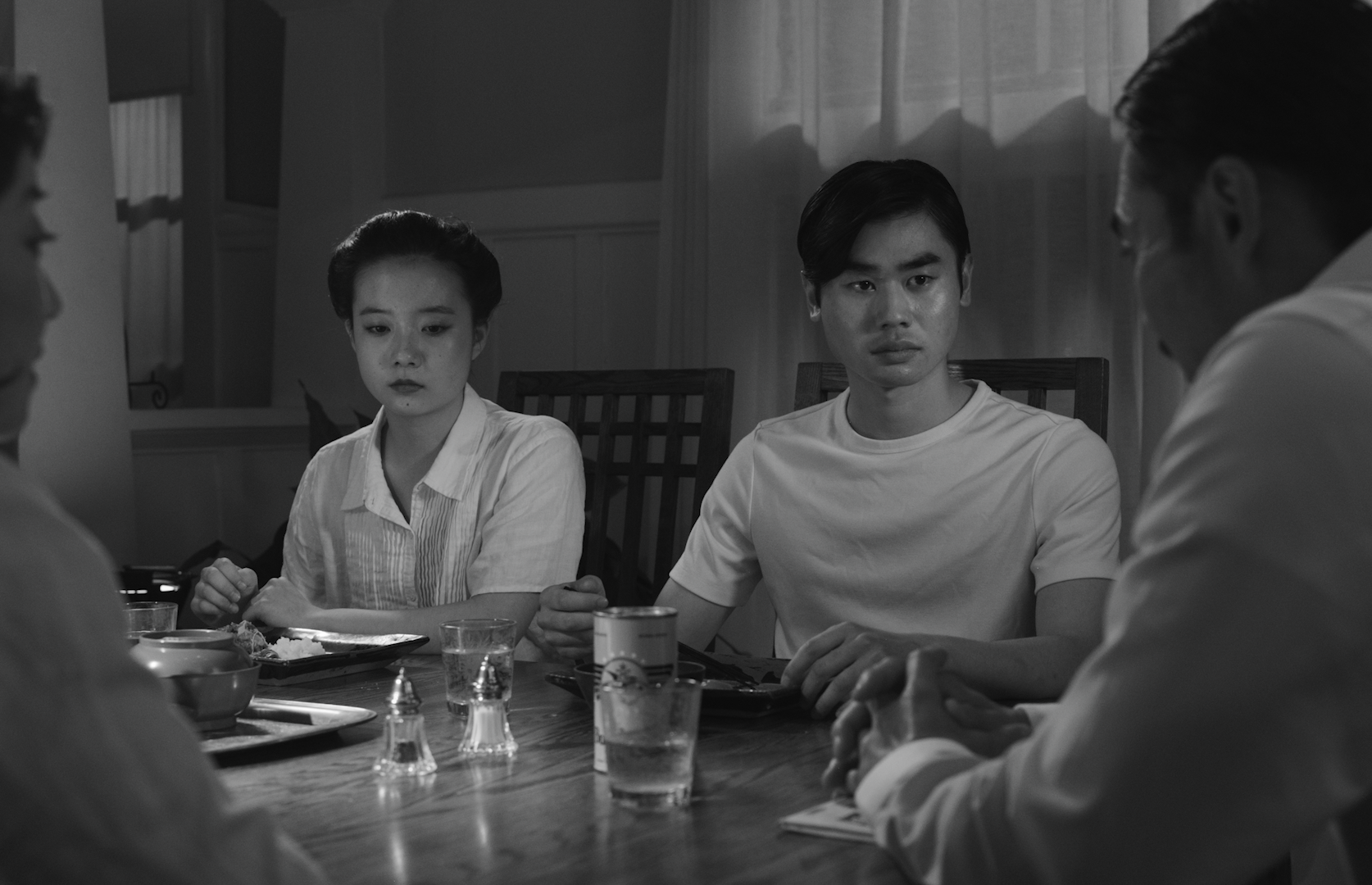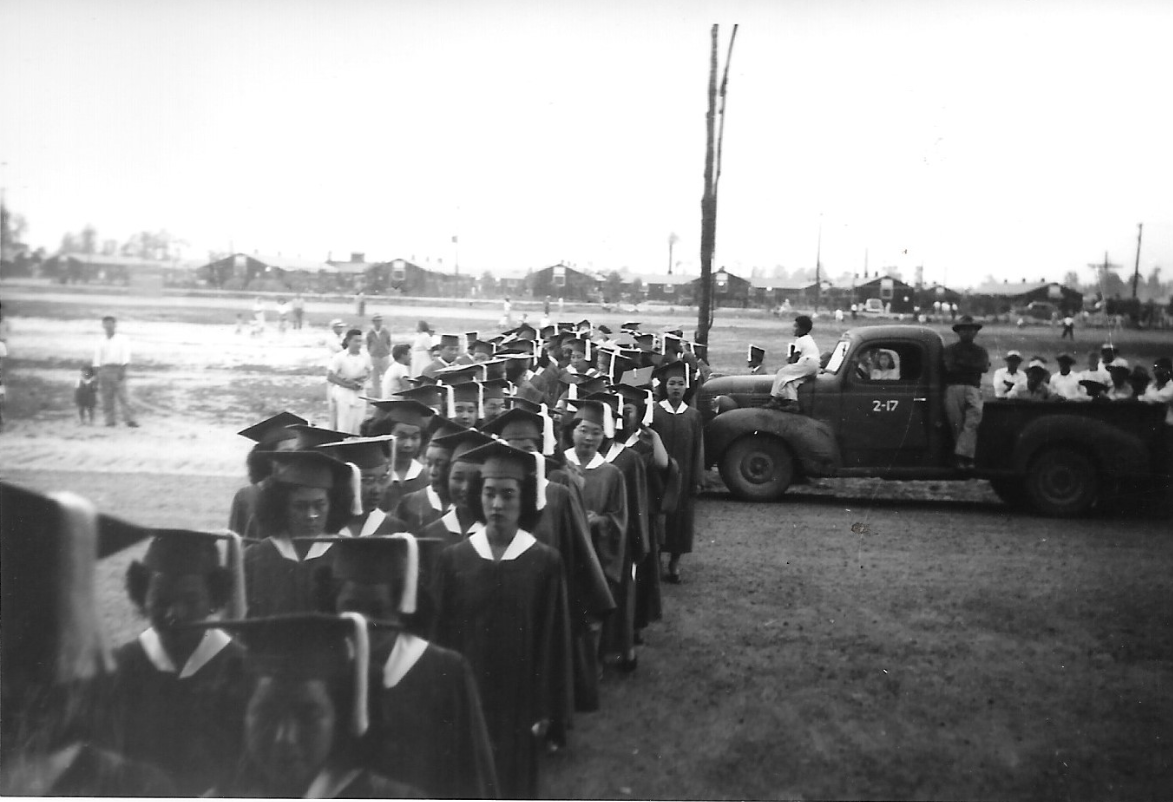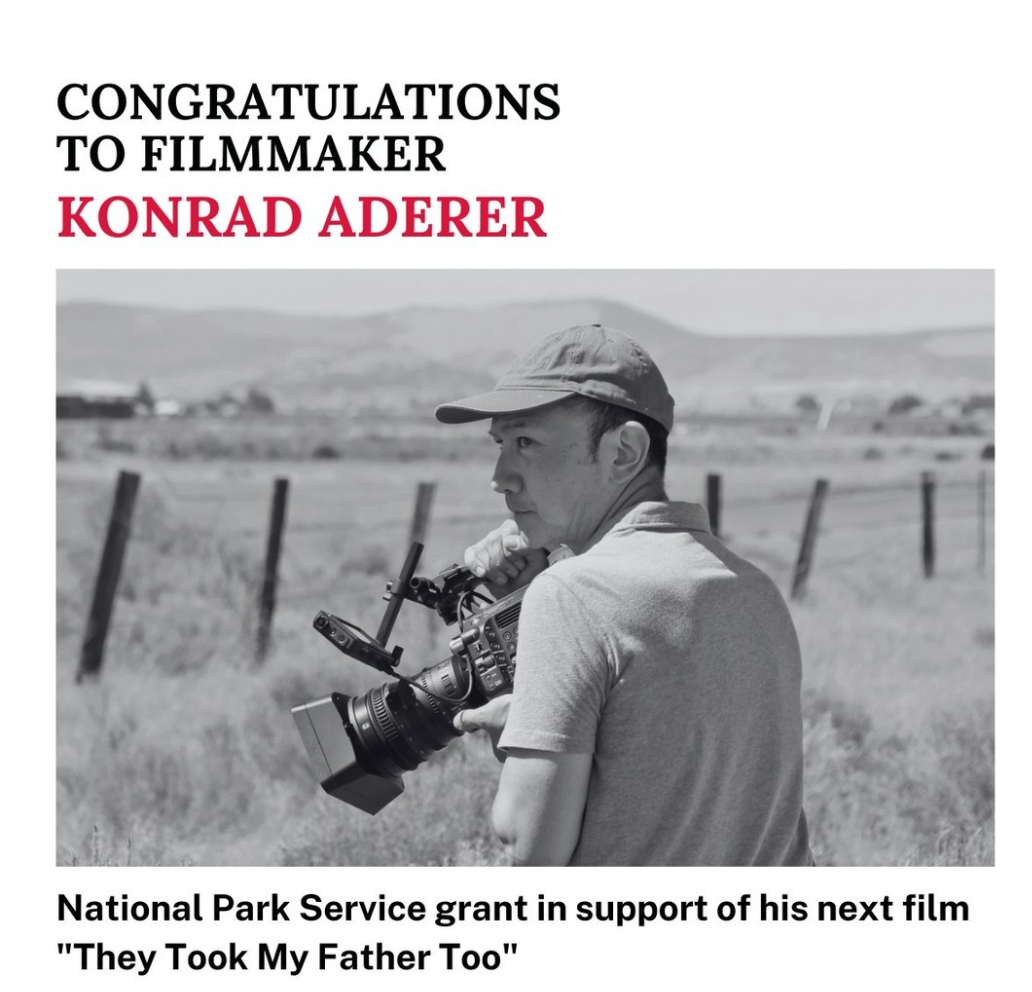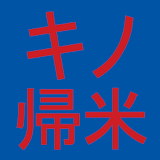They Took My Father Too
What would you say to your father if it was the last time you'd see him? Japanese American filmmaker Konrad Aderer (Resistance at Tule Lake) directs a film about family separation at Tuna Canyon Detention Station near Los Angeles.
Pearl Harbor was just the beginning.
In the first months of World War II, the U.S. government shattered thousands of Japanese American families. Fathers were ripped from their homes, arrested without trial, and locked away in detention centers. Mothers and children were left behind, forced to prepare for their own imprisonment in remote concentration camps.
They Took My Father Too tells the story of a family struggling to stay whole in the aftermath of Pearl Harbor, as the U.S. government targets immigrant fathers in a wave of arrests, and Japanese culture itself becomes a mark of suspicion.


Los Angeles, March 1942.
In Los Angeles' Little Tokyo, a kibei teenager watches his world collapse. His father—gone. His home—stolen. His culture—erased. But as his family is pushed out, he fights to salvage what little remains.
Based on the short story by Fujiwo Tanisaki, a young prisoner who joined a Japanese-language literary movement that managed to thrive in the American concentration camps, They Took My Father Too is a powerful retelling that brings lost voices back to life.
News about the film
Konrad Aderer's They Took My Father Too Awarded Federal Grant from Japanese American Confinement Sites Program
In partnership with 📽️ Third World Newsreel, Aderer will bring to life a Japanese American narrative of forced displacement and family separation, focusing on the lesser-known Tuna Canyon Detention Station in California. The film, adapted for educational purposes, aims to engage students with historical and current civil liberties issues.
The film will weave together a dramatic adaptation of Tanisaki's story with the Japanese-language sources and films that formed the consciousness of Little Tokyo Nikkei (Japanese Americans and immigrants). From the 1930s until 1942, the parents of the new generation devoted themeselves to bringing up their children as Americans who were also fully Japanese. Their dreams were shattered by the outbreak of war.

outreach@lifeorliberty.org | They Took My Father Too is a project under the fiscal sponsorship of Third World Newsreel (aka Camera News, Inc.), an alternative media arts organization that fosters the creation, appreciation and dissemination of independent film and video by and about people of color and social justice issues.
This project is funded, in part, by a grant from the U.S. Department of the Interior, National Park Service, Japanese American Confinement Sites Grant Program. Any opinions, findings, and conclusions or recommendations expressed in this material are those of the author(s) and do not necessarily reflect the views of the U.S. Department of the Interior.






